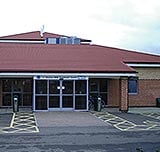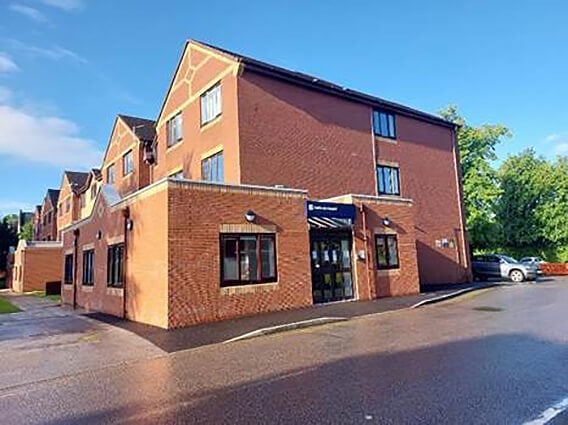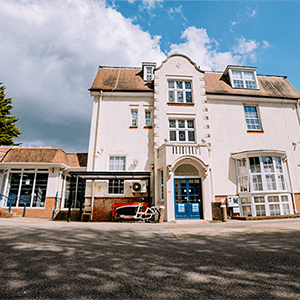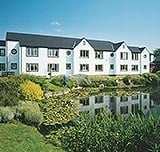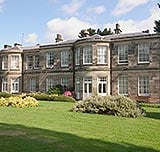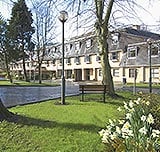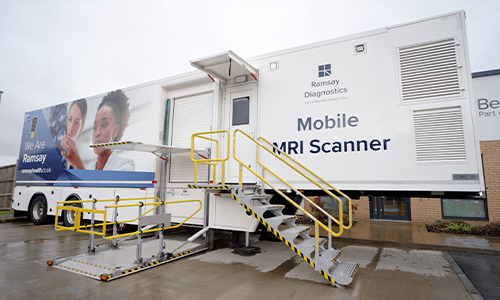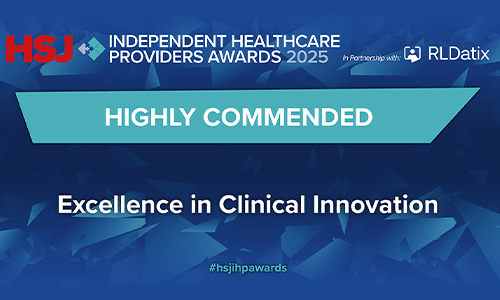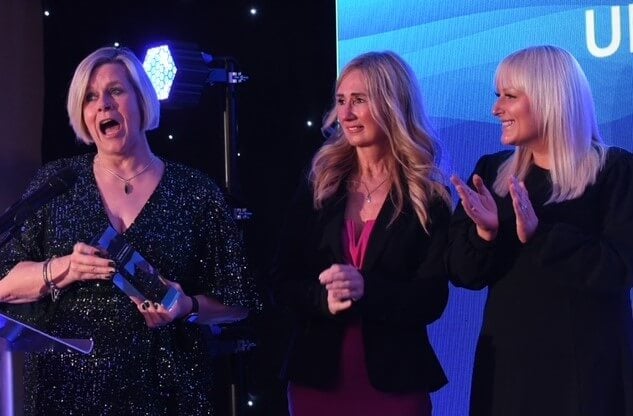A bronchoscopy procedure is typically performed on an outpatient basis so you can go home once your surgeon is happy for you to do so.
You will be able to go back to work or your daily routine after 24 hours of your bronchoscopy procedure. Due to having a sedative, you should not drive, operate machinery or drink alcohol for 24 hours.
After about two hours, when you can cough, known as your cough or gag reflex, you can eat and drink.
Your throat may be sore especially when swallowing for a few days.
It is not recommended that you fly for one month after having a transbronchial biopsy.
Your doctor will discuss the findings of your bronchoscopy and biopsy results if taken and their recommended follow-up treatment.
